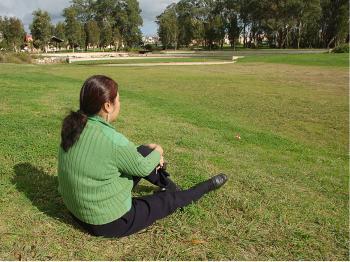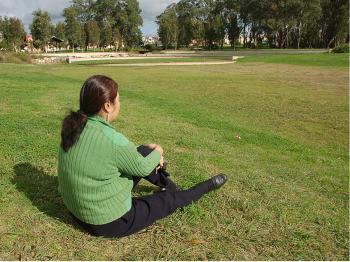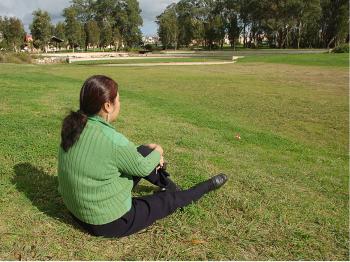On April 14, 1989 in Beijing, students began gathering to honor the death of Hu Yaobang, the reform-minded former general secretary of the Communist Party. The students began calling for a number of reforms of the Chinese Communist Party, and received wide support in Beijing and around the country. Similar protests spread to 400 cities throughout China. On June 4, the Chinese regime used the People’s Liberation Army to put down the protests. No accurate accounting of the number killed has been possible. Thousands are believed to have died on Tiananmen Square and in surrounding neighborhoods in Beijing.
On this, the twentieth anniversary of the Tiananmen Square massacre, The Epoch Times has asked three participants in the events to tell their stories: Nian Hu was a journalist who was there when the soldiers attacked; Yuan Tien was a University lecturer in Xi’an; and Chen Yonglin, who would go on to a career in China’s diplomatic corps before defecting, was a student doing an internship in Beijing with NBC. All three are now living in Sydney, Australia, where they met with Epoch Times reporters.







